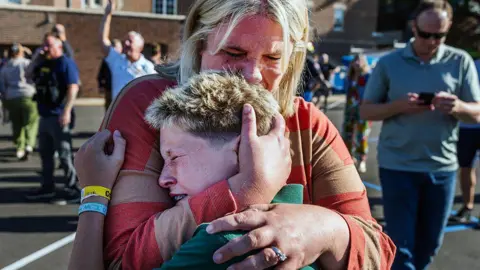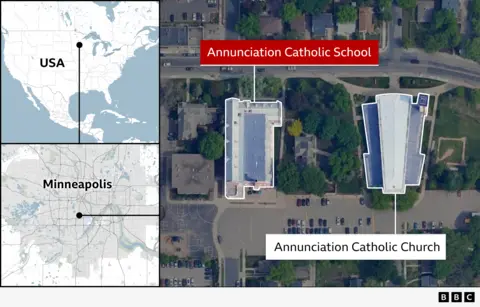An extensive international crackdown on human trafficking has culminated in over 150 arrests and the identification of nearly 1,200 potential victims. The six-day operation, which began in early June, involved approximately 15,000 law enforcement officers from 43 countries across continents, including Europe, Asia, Africa, and South America, with support from Interpol.
This operation targeted organized crime syndicates primarily involved in trafficking individuals—often minors—for sexual exploitation, forced criminal activities, and begging, according to sources from Europol. Many victims of sexual exploitation are women who are recruited from overseas, coerced into working in massage parlors, and pressured into prostitution once they arrive in their new countries.
David Caunter, director of organized and emerging crime at Interpol, emphasized the severity of human trafficking, labeling it a violent and devastating crime that robs individuals of their basic rights and freedoms, affecting especially vulnerable populations such as children. Named "Global Chain," the operation resulted in 158 arrests, alongside the identification of an additional 205 suspects, while 1,194 potential victims were uncovered during the campaign.
Austrian and Romanian authorities spearheaded this initiative, although some suspects were also apprehended in Thailand, Nigeria, and Vietnam. In Malta, for instance, police liberated three Colombian women—two sisters and their aunt—who were misled into believing they were being hired as cleaners. Upon arrival, their passports were confiscated under the pretense of securing work permits, which were ultimately used to coerce them into prostitution.
In Austria, law enforcement arrested seven individuals associated with a family-based Romanian gang allegedly employing the "lover-boy" tactic to manipulate women into sexual exploitation, presenting false romantic intentions. Italian authorities also conducted several raids on massage parlors suspected of engaging in sexual exploitation, resulting in the identification of 75 potential trafficking victims.
Victims identified during the sweep originated from 64 countries, with the largest groups hailing from Romania, Ukraine, Colombia, China, and Hungary. Additionally, the operation led to the seizure of €277,669 (approximately £240,351) in cash, along with 30 firearms, 65 counterfeit documents, and a significant amount of cannabis.
A comparable operation conducted around the same time last year resulted in the arrest of approximately 200 individuals and the identification of over 1,300 victims, showcasing the ongoing challenge of combatting human trafficking on a global scale.






















